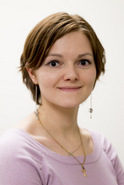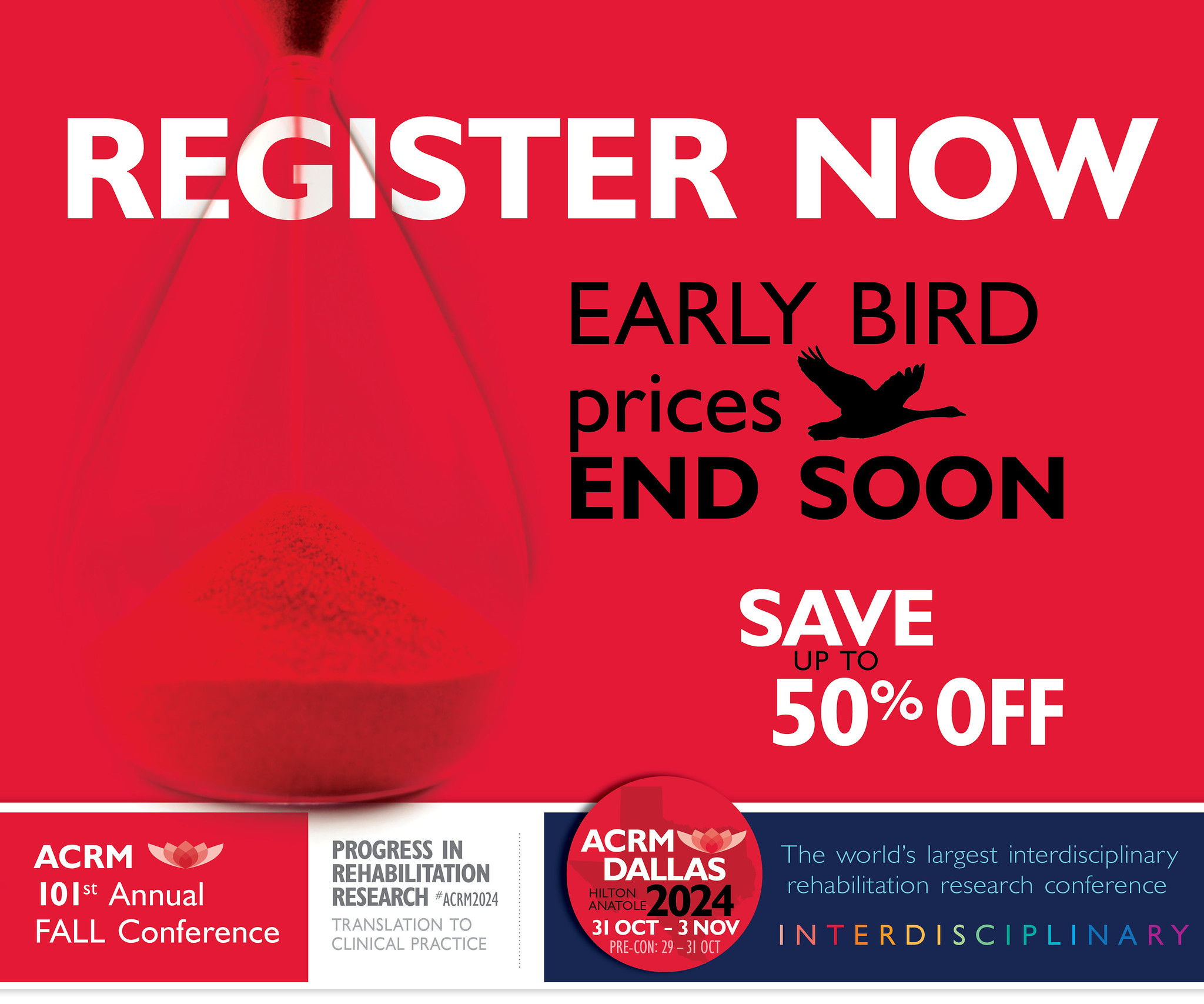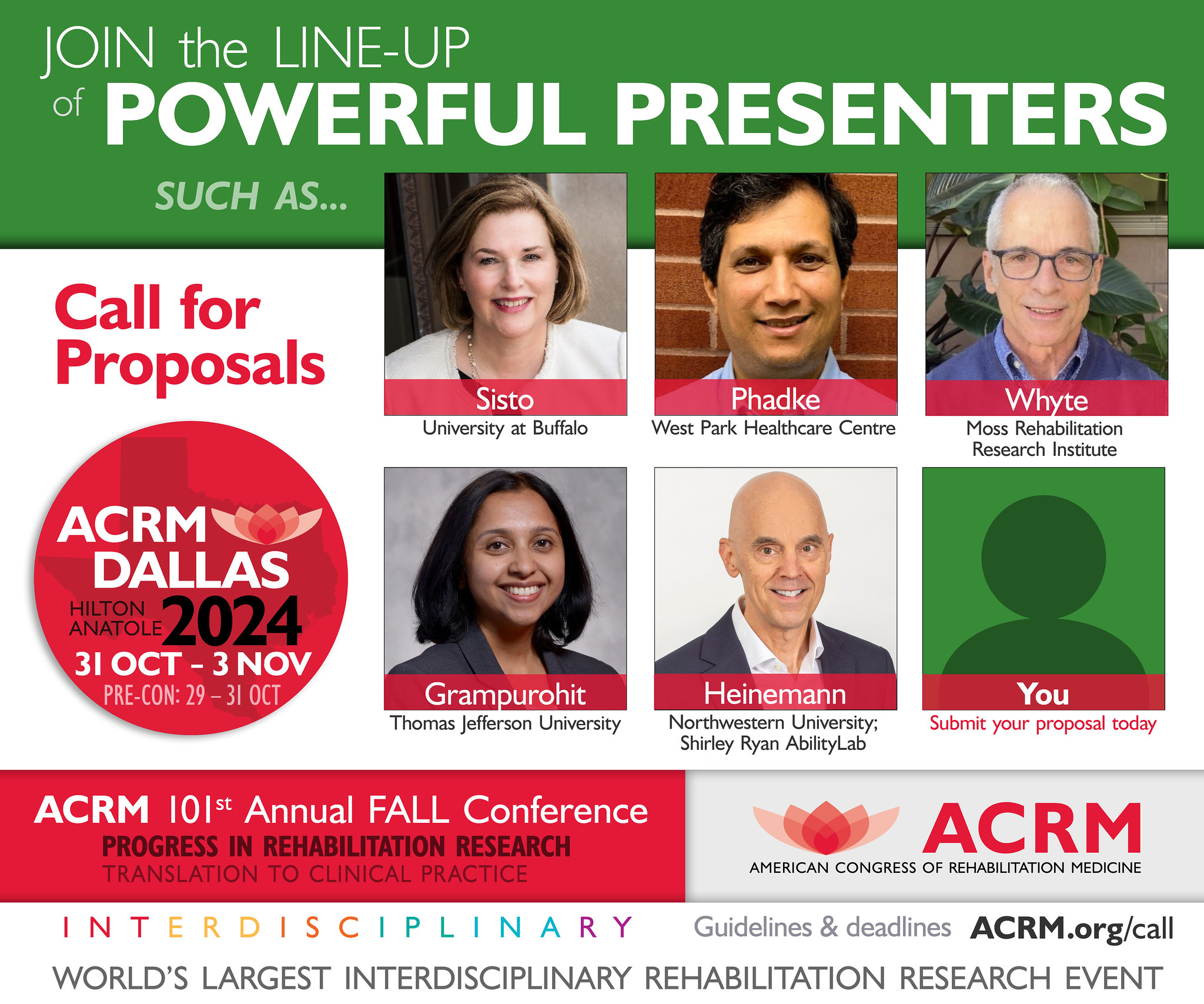
Ekaterina Dobryakova
ORIGINAL ECNG ARTICLE
By Ekaterina Dobryakova, PhD, Research Scientist at the Kessler Foundation
Conferences are an exciting frenzy of information and networking, with many people gathering from all over the world to discuss and learn about a specific research domain. ACRM will host its 93rd Annual Conference in Chicago, starting 30 October until 4 November. These six days will be full of oral presentations, poster sessions, and meetings.
How can you get the most of your visit to this conference or any other conference? Indeed, it’s quite easy to get lost and overwhelmed by the numerous conference events. But there are several tips that can help you prepare for the busy and exciting days of the conference.
- Familiarize yourself with the conference schedule.
- Look at the conference website a few days before going to the conference. Usually, the website has highlights of the conference, information about keynote speakers and evening events, such as a welcome reception or student socials.
- Some conferences have mobile apps (ACRM does!). These apps usually allow you to have a schedule of the whole conference on your phone and access it in an interactive environment. You can also have an event calendar to log the times of sessions and talks you want to attend during each particular day.
- While this is a less ‘green’ option, at the conference, you should be able to obtain a book with conference schedule. From it, you can also get times and locations for each event that you are interested in.
- Plan to attend the poster sessions and have a separate schedule for which posters you would like to see. Don’t just go in and wander around the poster hall. Write down the numbers of specific posters that you are interested in, so you can go directly to them and have time to talk to presenters. Ask presenters to email you their poster if you really like it and would like to stay in contact with that person. Conferences are a great opportunity to meet researchers whose work you admire and poster sessions provide an environment where it can be easy to start a conversation.If you are a student thinking of applying to a particular lab or department, it might be a good idea to go up to a poster from that organization you are interested in and chat with the person. You might get important details about that lab environment that you might not be able to glean during the interview day. It is also a good networking step that would make you a more prominent candidate.
- Plan to attend whatever welcoming and networking receptions the conference has to offer. This is a great chance to network and meet new people.
- Look at the conference book or app to find out who will be attending the conference. See if there is anyone in particular that you would like to meet. Go to that person’s talk or poster, or see if you can find a colleague to introduce you, or email the person ahead of time and ask if he/she would be willing to meet with you during a coffee break for 15 minutes.
- Get outside your comfort zone – seek out people you do not normally have the opportunity to socialize with. Make plans to go out for dinner and / or drinks with people from OTHER institutions or organizations.
- Plan for a close hotel. Conference attendance is no vacation. They can be very exhausting but also very informative and educational. The last thing you want during a conference is being tired from traveling from the hotel to the conference location and back.Moreover, talks are usually scheduled throughout the day.How likely are you to be on time or even go to a talk when your hotel is far away and you have to get up early after a late night with lab mates or collaborators? From personal experience, I can tell you that the likelihood is pretty slim, and I am usually characterized as a dedicated conference goer. Get a hotel nearby!
- Check out the conference updates in this e-newsletter to see what events might be of interest to early career attendees.









